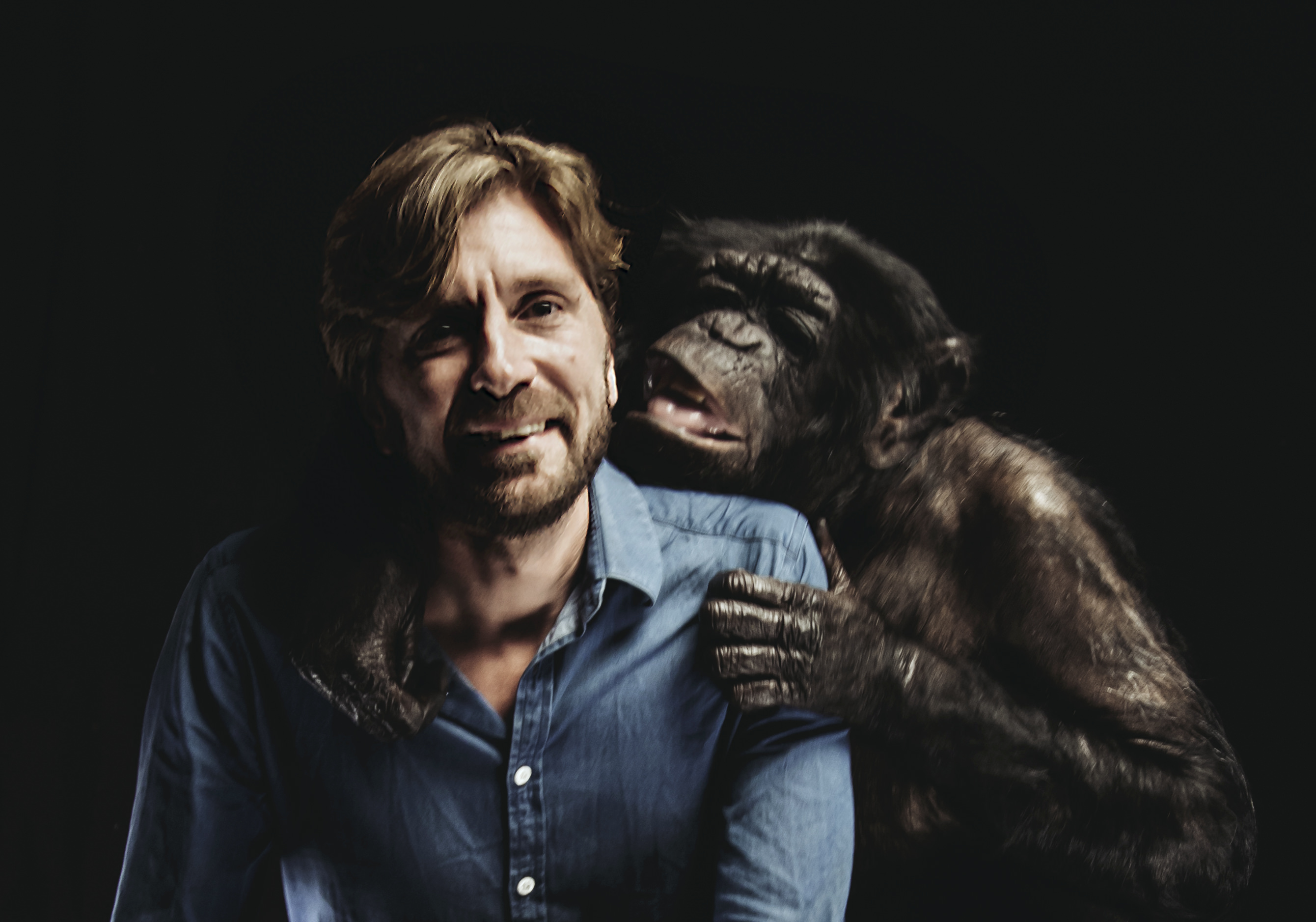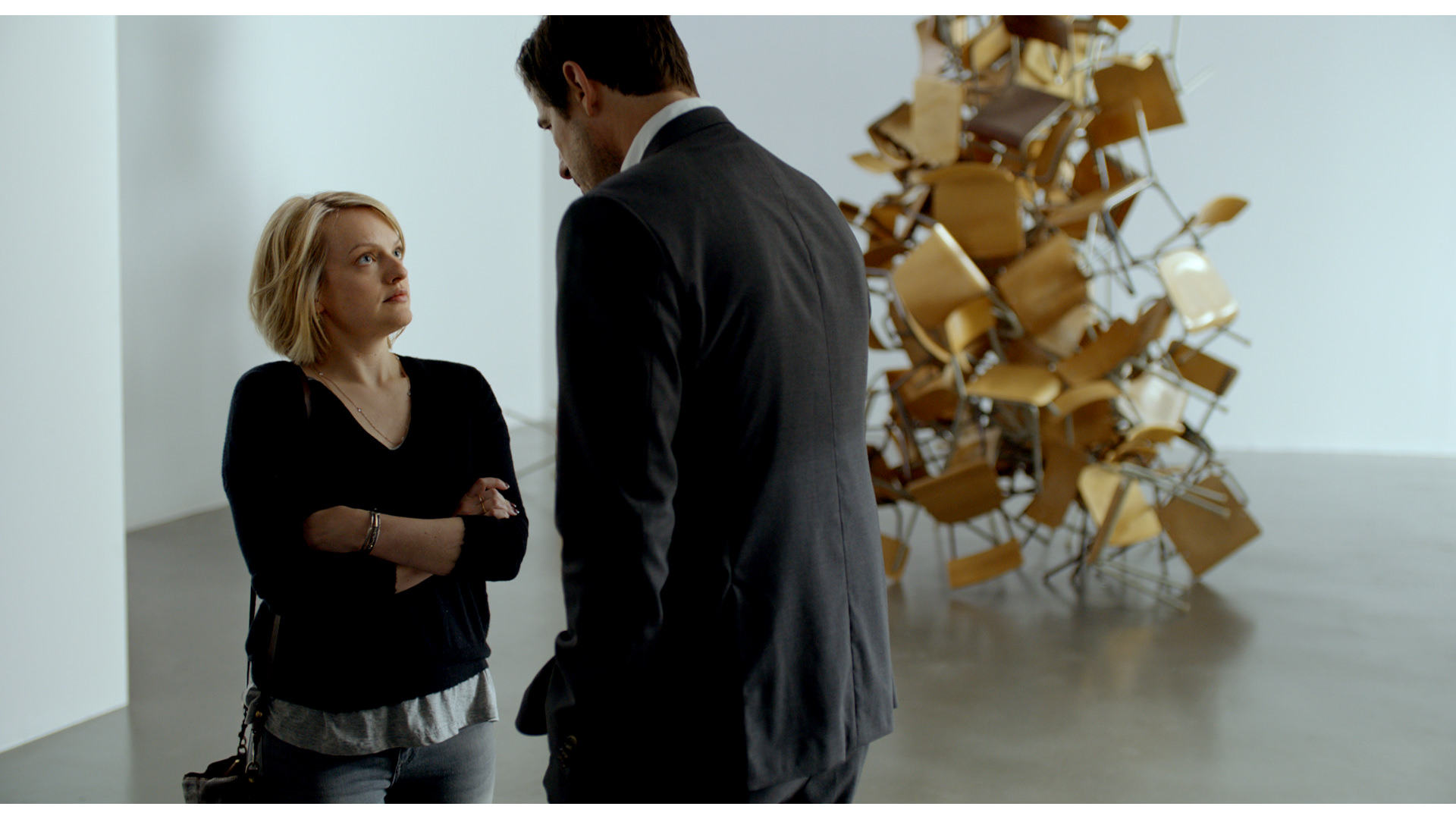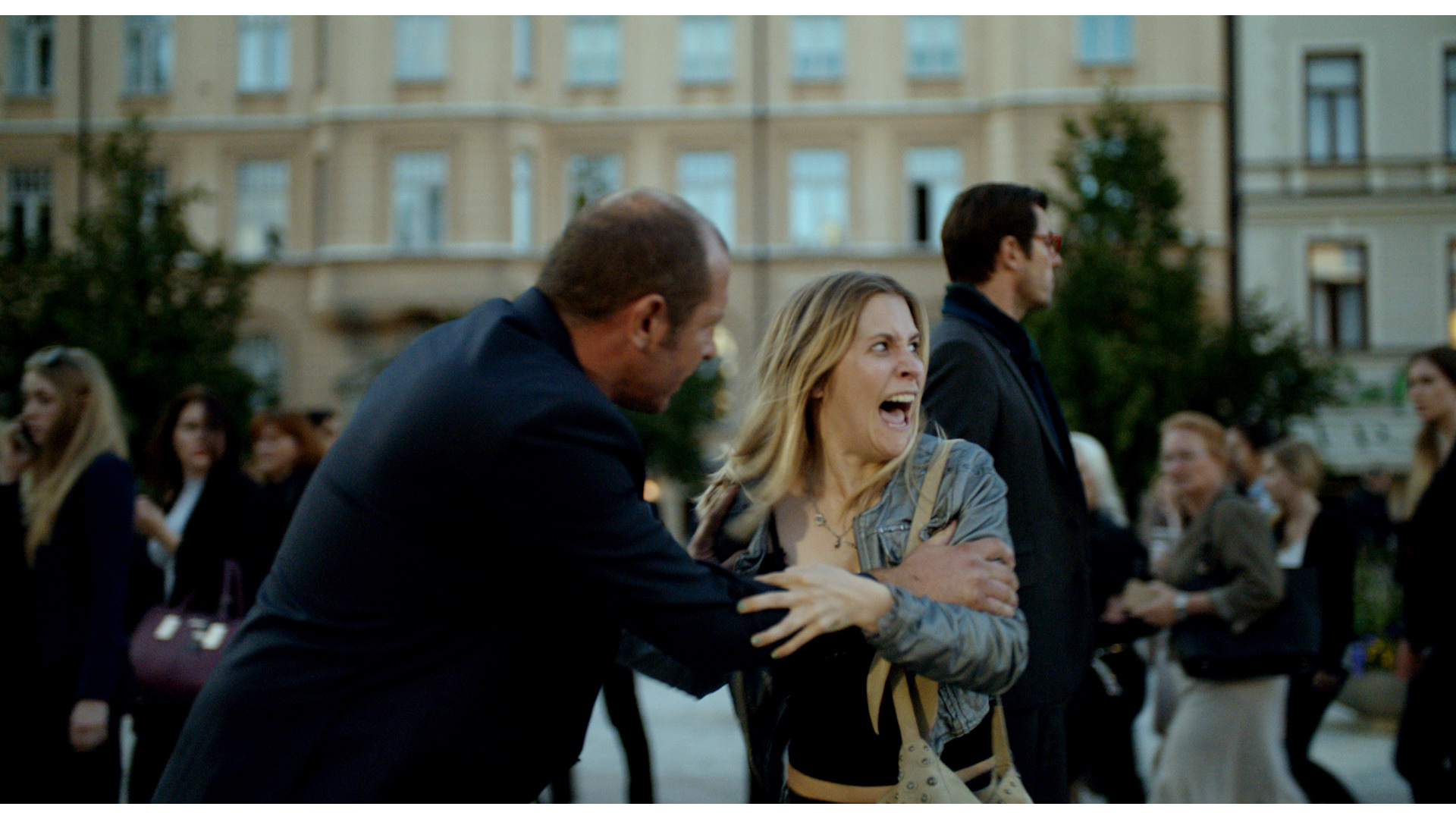Talking With the Editor of the Cannes Palme d’Or-Winning The Square
This year’s Palme d’Or winner at the Cannes Film Festival was the sharp, provocative satire The Square, written and directed by Ruben Östlund. It is the story of a museum curator surrounded by ultra-modern art who creates personal and professional chaos with some impulsive decisions. In part one of a two-part interview, the film’s editor Jacob Secher Schulsinger talked about his work in shaping the film.
https://www.youtube.com/watch?v=zKDPrpJEGBY
How did Ruben Östlund describe the film to you?
Most of the directors I collaborate with involve me in the process of their movies very early on. I am often consulted even during the idea-development stage, as well as during scriptwriting, and I will have input in the way the movie evolves that ranges from broader thematic discussions to specific ideas for a line, or a way to shoot something. This kind of participation is not always common for an editor. But I greatly value this role, and it gives me some advantages later in the edit, because it allows us to start the conversations about how and what to tell early on, instead of waiting until we are both sitting in the edit suite and have to deal with all these questions again as we put the pieces together.
One conversation I do recall in one of our Skype sessions was when Ruben first showed me a list of potential cast members with headshots. He went through each one and described their role in the movie, but he was hiding one behind his hand. At the end, still hiding the headshot behind his hand, he said: “So this seems like a pretty cool movie, but when you then throw this guy into the cast — ” he revealed the monkey, “–then you definitely want to watch it.”

Director Ruben Östlund on the set of THE SQUARE a Magnolia Pictures release. Photo courtesy of Magnolia Pictures.
Does the subject matter of very modern and often provocative art influence your editing choices?
With The Square it wasn’t so much the subject matter that directly influenced the editing choices, but more Ruben’s ways of making movies, which is not in the style of the so-called “Hollywood movie,” where plot and character development drive the story and the focus is to build your movie through a series of scenes that have a very dramatic structure and logic to them. Instead, we take more of a sociological approach to Ruben’s movies. Both he and I like to observe human behavior, especially in a group setting. And therefore we talk a lot more about the movie containing a series of situations instead of dramatic scenes. It is our interest in how a situation would realistically unfold that dictates how we edit the scene, and not the psychology of a character or the need to convey a particular plot point. It’s of course a tiny bit a hen and egg issue, but the difference is that we believe that in real life, it is much more a specific circumstance that affects how we behave, than a plot we are part of or some deep character trait we carry with us.
We humans all share that we have to behave as social animals in order to fit into the group, and certain situations bring out certain behaviors in us. It puts the individual needs under pressure. When you look at typical American movies, they tend to attribute very little power to situations or circumstances, and instead emphasize character and plot much more. I think this runs the risk of creating a too simplified rendering of our world, and building a cinematic culture where we idolize heroes and condemn villains instead of encouraging a further understanding of the grey space where most of human experience exists.
The one overall rule when it comes to editing style is the same for any movie I edit. If it works it works. You can have concepts and ideas but what works best should always be king. It’s that simple.
That said, as you say, The Square is somewhat a satire of the art world, and of course we have both in the writing and shooting and therefore also in the editing chosen to focus on the absurdity and irony of the situations presented, instead of perhaps dramatic impact a situation might have on one specific character.

Elisabeth Moss and Claes Bang in THE SQUARE, a Magnolia Pictures release. Photo courtesy of Magnolia Pictures.
When, if ever, should the audience notice the editing? How does the editing help define the film’s world?
There is an old quote saying that in a good movie you do not notice the editing, and I think that’s some old-school nonsense that belongs to a distant era where the filmmakers’ fear was that the audience would discover the illusion. But people, especially nowadays, are not dumb. They know they are watching an illusion and they want to be taken on a journey.
Of course, each edit or cut itself shouldn’t be something an audience should see or sit and contemplate, but I think some edits should be felt. One should feel that it is people with feelings and attitudes that have made the film and not some generic editing machine following the guidelines of how to make invisible edits. Film editing is so much about rhythm, much more than I first thought when I started out. Rhythm is a bit intangible, but it is something we all feel. Movies have beats. Right away when a movie starts you create a contract with the audience, an expectation of a certain beat or certain flow of edits or rhythm as I like to call it. That rhythm has to be kept. You can diverge to create dynamic but the beat is the heartline of the movie and if you don’t keep it up it will flatline. I think everybody will know what I am talking about. You just feel when a movie doesn’t have the right rhythm. You might get bored because it is moving to slow or feel it is superficial because it is moving to fast. Like music, it has to flow right to touch you. You can analyze it and come with rational explanations why the rhythm is off. A shot can be too long or a point has come across that doesn’t need repetition and so on, but often I experience in the final stages of editing that it comes down to an intuitive feeling of rhythm. You just know when the film feels right.

A scene from THE SQUARE, a Magnolia Pictures release. Photo courtesy of Magnolia Pictures.
I think a lot of filmmakers tend to focus too much on plot instead. They tend to be too rational about it. It’s often about effectivization in everything. Get into the scene as late as possible and out as early as possible. Remove all redundant information. That is of course a nice idea to keep in mind, but for me, movies are more than a plot to be conveyed. Plot is super important, but it is something everybody can learn to master, and nowadays we have an extreme excess of very skillfully made movies and TV shows of very high quality, that unfortunately all feel a bit generic. You can’t tell who made it. They have nothing important to say, they are not personal and therefore I believe they are forgotten almost as soon as they are watched. They don’t make us think, they just entertain. You don’t hear people discuss harmless commercial movies over the dinner table or at the water cooler or whatever online equivalent that exists today.
In addition, I have never been the big technical nerd, nor your typical film nerd, that has watched all movies and knows them down to the bone, as is common for many filmmakers. Early on, that gave me some hesitation in choosing film as career path, as I felt different from most filmmakers who constantly refer to scenes from the cannons of film history or obscure artsy movies. I later learned to accept that my force lies in the fact that my inspiration comes from something other than film history. I am basically just interested how humans work and why we behave like we do. Movies happen to be an excellent platform to investigate that through. That is also why I love working on movies like The Square and with people like Ruben Östlund, who allows you to scrutinize human behavior in all its glory.
I simply feel that the old saying that it’s all about having a good story no longer applies. Everybody has a story, and everybody can learn how to tell it well. You have to have substance, something to say or an idea or perspective that is relevant — a unique view on something in the world that feels like a fresh perspective. If people want good stories they can just read the news, as they basically utilize the same dramatic tricks as movies nowadays.
In my editing I always try to focus attention and editing choices towards the emotional development of the film or the film’s rhythm rather than dramaturgical logic, as you often see. I also find that finding little details like a look, a line or a something that just evokes a certain mood that touches you is just as important to me as the plot. The plot is of course very important and must be in place, but it’s also just a skeleton that makes us know, for example, if it’s an animal or human being we are dealing with. It’s the details that are the film’s meat and skin and gives it personality and soul. When the audience reacts to the little gems of details you yourself have responded to as you reviewed the material, it gives me a feeling of great satisfaction. It is an acknowledgement of the fact that what touches me also touches others. That’s what I love about filmmaking.
I also think one of the reasons I’m being used in various capacities by these directors is that I’m not locked in on dramaturgy and plot as my only guidance. On the other hand, I have a big weakness for people who make different movies, and want to tell stories in ways that we are not so used to.


